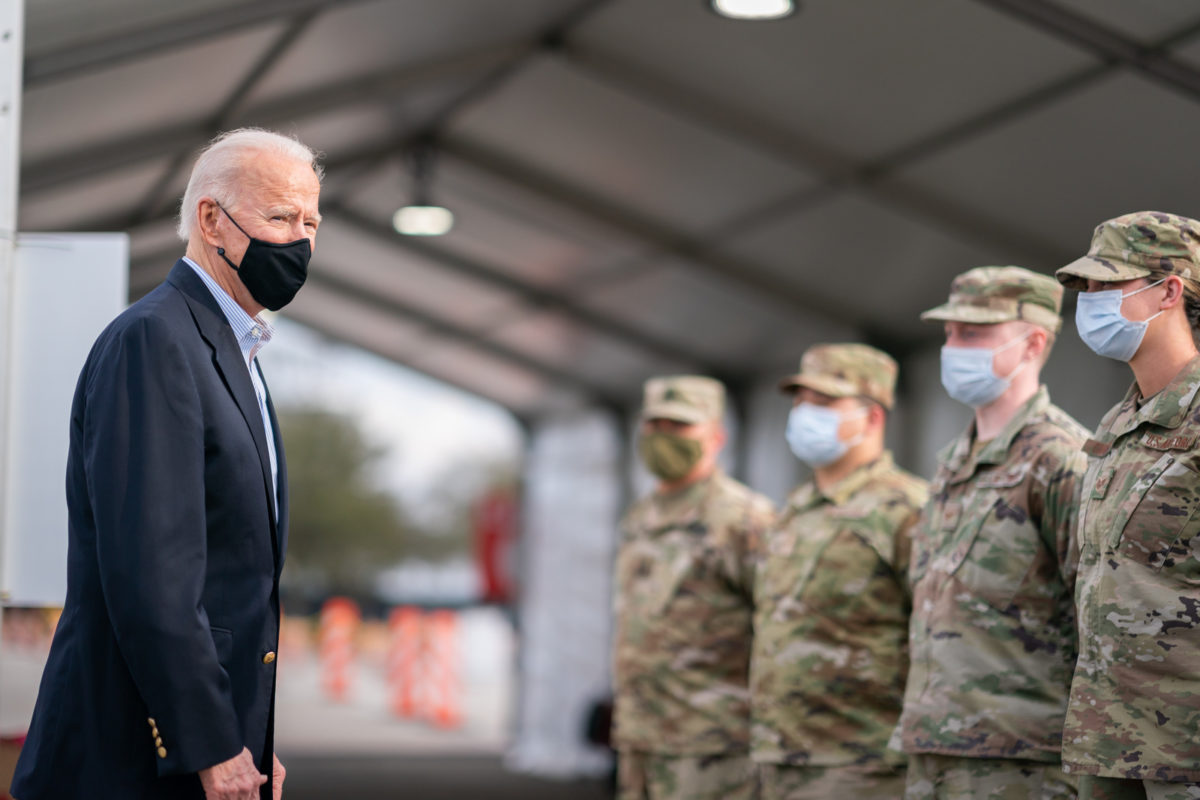Secretary of State Tony Blinken sent Afghanistan President Ashraf Ghani a letter this weekend, a copy of which Afghanistan’s Tolo News published in full. He proposes a conference and an “inclusive” government that would empower the Taliban.
There is much to criticize in the Biden administration’s Afghanistan plan. If there is any sign of just how cavalier the Biden administration is both to the threat radical Islamism and its associated terrorist groups pose and to religious freedom, however, than it is Blinken’s decision to use Turkey as its prime mediator to finalize a “peace” agreement between the Taliban and Afghanistan’s elected government.
Afghanistan has had a long relationship with Turkey. In 1937, Afghan King Zahir Shah accepted Turkish help to build a modern Afghan army and, two decades later, Turkey issued postage stamps to commemorate his visit. During and after the Afghan civil war, Turkey maintained close ties to warlords-turned-politicians. Turkey also contributed troops to the NATO mission. While Turkish officials would play up their International Security Assistance Force (ISAF) participation in meetings with NATO, when I would walk or drive across Kabul as a visitor not under the sponsorship of the State Department, Pentagon, or any other U.S. government entity, I would see billboards erected by Turkey promoting Islamic solidarity rather than Afghan democracy.
Over the past 20 years, Turkey has changed almost as much as Afghanistan. Recep Tayyip Erdoğan entered office first as prime minister and then as president speaking about democracy and reform to credulous journalists and diplomats, but harbored a distinctly Islamist agenda. “Democracy is like a street car,” he famously said in a rare moment of candor. “When you get to your stop, you get off.”
During Erdoğan’s years in office, he has fundamentally changed Turkish society. As he empowered Islamists and infused them with a sense of impunity, the murder rate of Turkish women increased 1,400 percent. Within Turkey itself, Erdoğan not only promised to create “a pious generation” but also sought to privilege his narrow strain of Sunnism over moderate Turks, Anatolian Sufis, and the more than 20 percent of Turks who are Alevis, a Shi’ite offshoot. Turkey’s non-Muslims have fared particularly poorly.
One of the reasons Erdoğan succeeded was that U.S. ambassadors remained in denial about what he was doing. Enter Ross Wilson, who served in Ankara from 2005 to 2008, critical years in which Erdoğan fundamentally unraveled Turkey’s secularism and eviscerated Turkey’s constitution. During that period, Wilson not only dismissed the warnings of the Turkish opposition, but he actively undercut secular and liberal groups. He later joined a Washington think tank known for its receipt of Turkish largesse. Wilson now serves as acting U.S. ambassador in Kabul where he seems to promote Turkey as the mediator.
The new Turkey, however, has effectively become a terror sponsor. Erdoğan arrested journalists reporting the provision of weaponry from Turkey’s intelligence service to Al Qaeda-linked groups in Syria. Leaked documents show Erdoğan’s son-in-law Berat Albayrak sought to profit from Islamic State oil. Erdoğan’s own diplomatic and military dealings with the Islamic State went much deeper. More recently, Erdoğan has sponsored militant Islamist proxies inside Syria culpable in ethnic cleansing and slavery of Yezidi girls and women. In recent months, Turkey has transported Syrian mercenaries to Nagorno-Karabakh where they likewise engaged in ethnic cleansing against the local Armenian population.
To put Erdoğan’s Turkey in charge of mediating between Afghanistan’s elected government and the Taliban is akin to putting Iran’s Ali Khamenei in charge of mediating between Lebanon’s government and Hezbollah. Turkey is not a neutral mediator, but sympathetic to the Taliban and hostile to the sectarian plurality which the elected Afghan government embraces. Likewise, while a generation of Afghan women have thrived since the Taliban’s fall, Turkey’s willingness to subordinate women at home and in areas under its proxy controls should raise alarm bells not only in Afghanistan but also in Congress. Certainly, there is bipartisan blame. Both Khalilzad and Wilson received their most recent Afghanistan-related appointments during the Trump administration. Rather than correct a bad policy, however, Biden and Blinken appear to accelerate it. Putting their trust in Turkey to preserve freedom, democracy, and protect the United States and its allies against radical Islamism shows either a stunning naïveté or a basic disdain for freedom and liberty. Until Turkey respects religious freedom and gender equality at home, it should not be empowered to decide its matters abroad.
Now a 1945 Contributing Editor, Michael Rubin is a Senior Fellow at the American Enterprise Institute (AEI).

